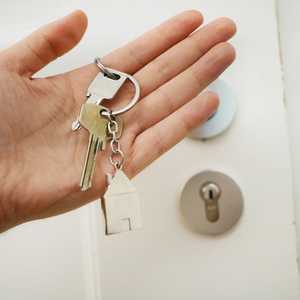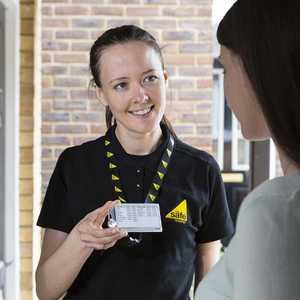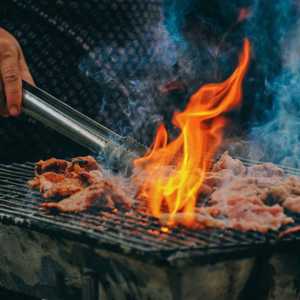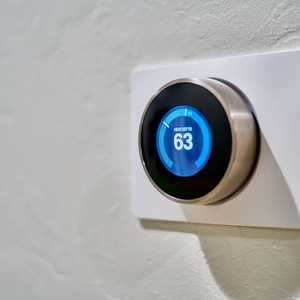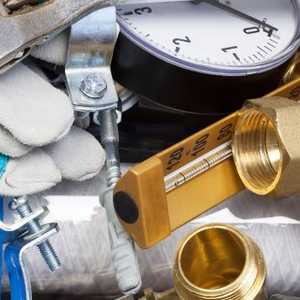What does a Gas Engineer do?
Gas Engineers are needed more and more in a society with rising housing needs. learn what their responsibilities are on a day-to-day basis.
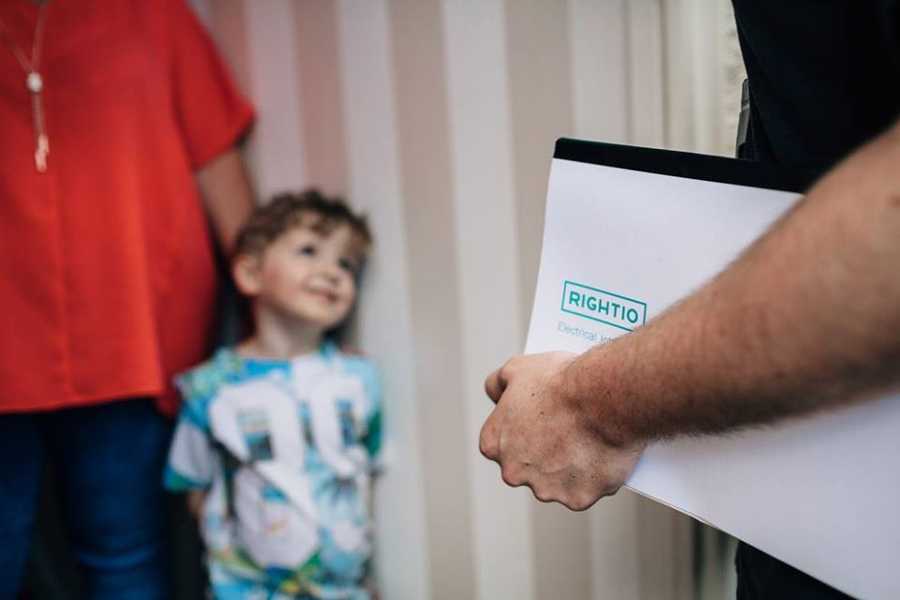
The Gas Engineer profession is growing in demand these days, as more people go into higher education, less pursue the career, while demand for housing is increasing.
If you were ever in search of a job for life, which guarantees you employment, it is definitely worth considering training to be one. While you might think that the trade is nothing more than a leveled up plumbing, that's not exactly correct. Gas Engineers have knowledge of plumbing but have to tackle a number of different issues.
Every Gas Engineer can install, service, maintain and repair gas appliances. While they may specialise in installation or service, they will still be able to install your gas cooker, or heating system, or even larger systems for industrial or housing estates.
Typical tasks include, but are not limited to:
- Installing and/or repairing gas appliances
- Diagnostic and repair of heating systems
- Providing quotes for customers, discussing parts and cover options
- Carrying out tests and checks, making sure gas appliances are safe for the public.
- Cutting pipes, joining and bending them to fit together.
A Gas Engineer is also not solely working on single households. Their expertise is required for commercial projects in order to adhere to safety regulations and procedures.
An expert Gas Engineer will also have to be:
- A problem solver
- Have good time-management skills
- Have sound mathematical knowledge
- Be creative with tools and materials
- Be committed to the projects he undertakes
- Provide excellent customer service
- Have industry knowledge of appliances
- Regularly update their knowledge of the regulations in place
Many people believe that a Gas Engineer is no different than a Plumber, and even though the jobs overlap, they are by no means the same. A Plumber will usually be trained to work with gas, so they could repair your radiator. If you wanted your boiler fixed, or a gas appliance installed you would need a Gas Safe Engineer.
Always make sure to ask the visiting Gas Engineer for his Gas Safe ID, else they should not be allowed to carry out any work.
- If you wanted to become a Gas Engineer you'd need one of the following:
- Level 3 (NVQ) in Domestic Natural Gas Installation and Maintenance
- Level 3 Diploma in Gas Utilisation
- Level 3 (NVQ) Diploma in Domestic Plumbing and Heating (Gas Fired Water and Central Heating Appliances)
- Gas Industry Apprenticeship
Related advice
There are plenty of actions you can take to help keep your home in check. Take a look here for the latest guides, advice and tips from our experts!
View our latest advice


